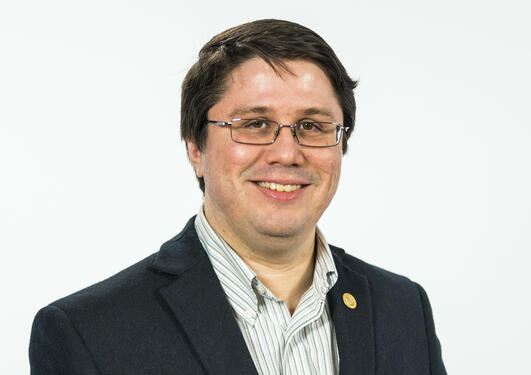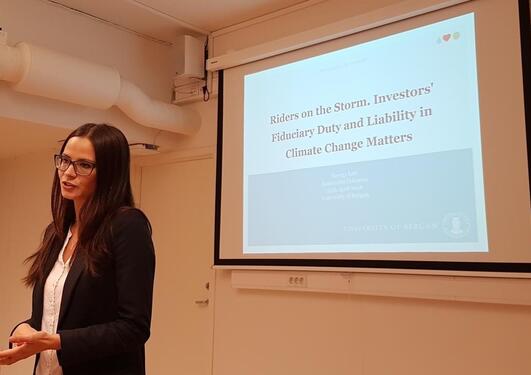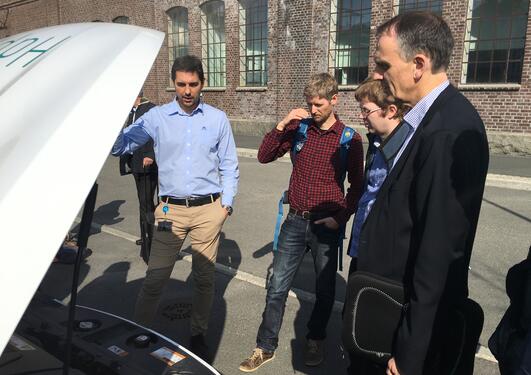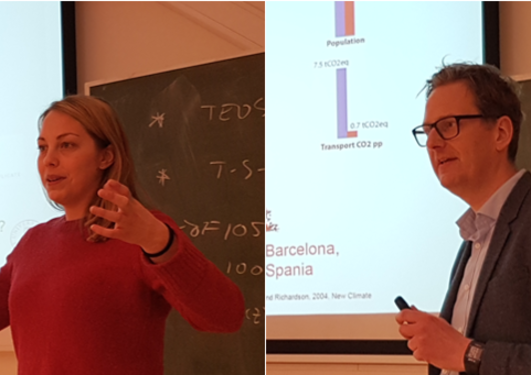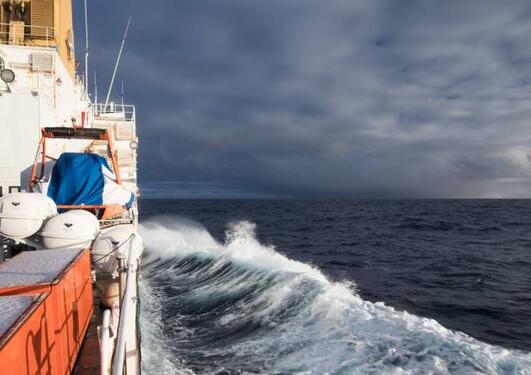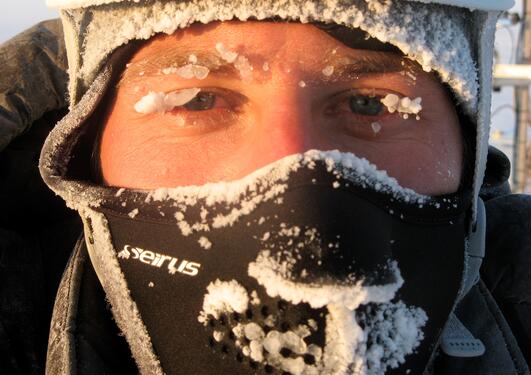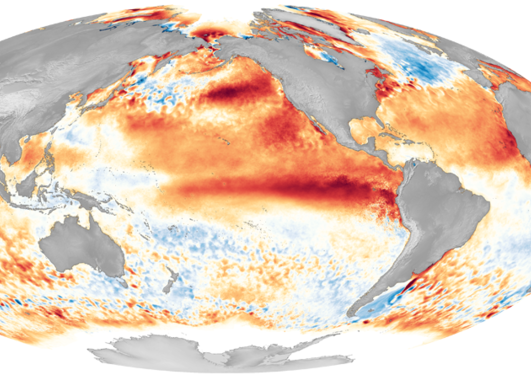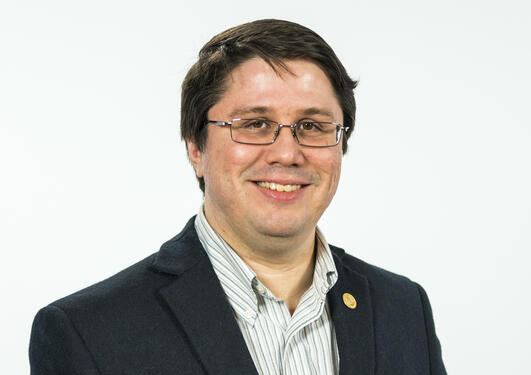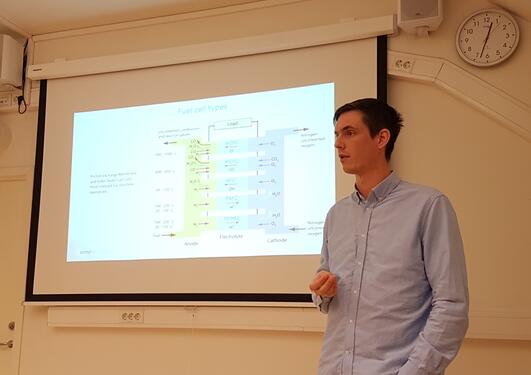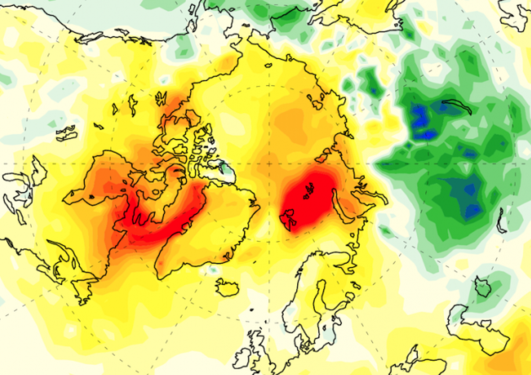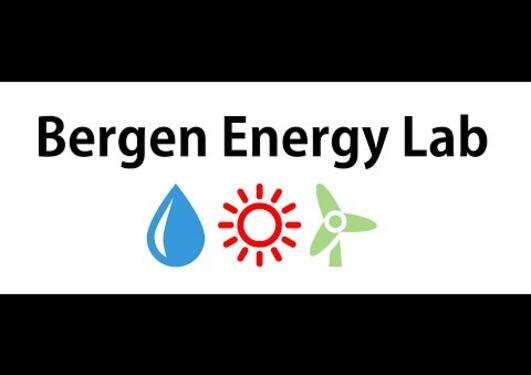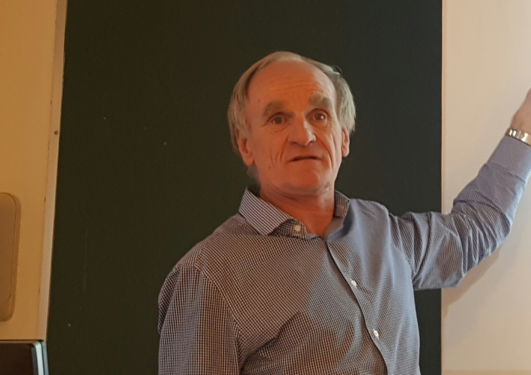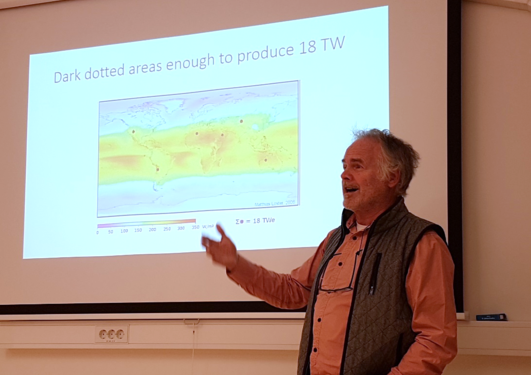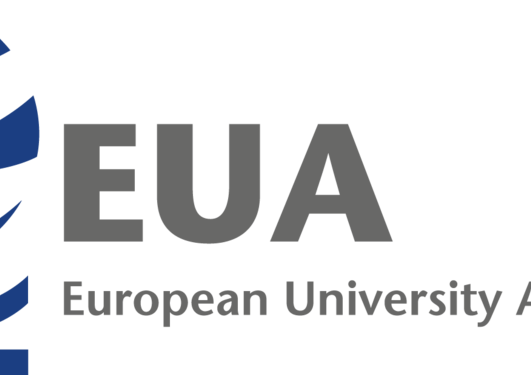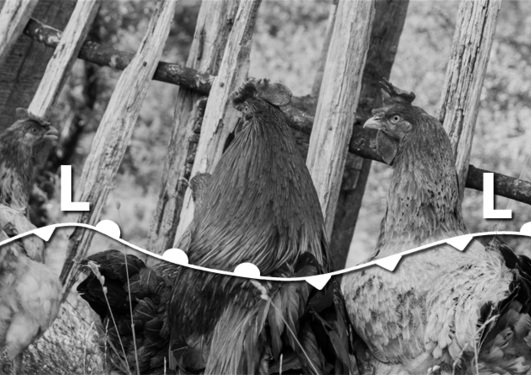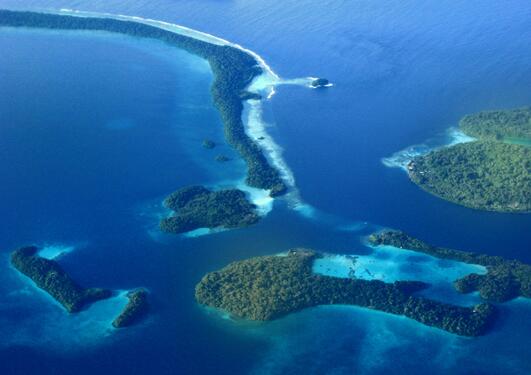News archive for Geophysical Institute
Read Ignacio Herrera Anchustegui's new paper on transmission networks
Riders on the Storm - Investors' Fiduciary Duty and Liability in Climate Change Matters (24.04.2018)
With climate change cases topping number 1000 around the world, who is next? Is there a long leap from companies to investors and pension funds? Should we expect, or plan against, a (further) climate case against Statoil and a climate case against “Oljefondet”?
Norway is leading the way towards a sustainable transport sector. In March, as much as 54 % of cars sold in Hordaland were electric. Read about our recent half day seminar, where we put the spotlight on vehicles for a sustainable future.
Read about our recent half-day seminar on the measurement of energy, its infrastructure and its implications for the society.
- Do smart city projects make cities more sustainable?
With global warming, ocean circulation in the Atlantic Ocean is generally thought to weaken. New research shows that less sea ice off the coast of Greenland may work against this.
Climate researcher Hans Christian Steen-Larsen has for many years explored some of the most extreme environments on Earth, in his search to improve our climate models. If he succeeds with his new ERC-project, it will have great impact on todays climate research.
Sea surface temperature in the distant tropical Pacific can influence November weather in Europe.
An agency with ‘lots of power’ and no teeth?
A long debate of the role of the sea ice and the winter temperatures in Eurasia has got a new contribution. Probably no connection, a new study says.
Can placing wind turbines on top of tidal turbines help reduce the cost of energy from marine renewables?
Access to clean and affordable energy is essential to eradicate poverty, end hunger and combat climate change, but do we need to change the way we think about energy?
Can we really get rid of “all” fossil fuels within 2050?
One of the greatest challenges of the 21st century lies in the sustainable generation and use of energy, and universities play an important role.
On TV weather maps we see low pressure centers as circles resembling tree-rings, with long tails of red warm fronts and blue cold fronts. But what came first – the low or the fronts?
On the 30th of January, Karoline Ullaland Hove from Greensight gave an update for the Bergen Energy Lab on the status of renewable energy and technology on a global and a local scale.
Social anthropologist Edvard Hviding is one of three University of Bergen researchers to receive five years of major funding from the prestigious Toppforsk programme, awarded by the Research Council of Norway, for his project Mare Nullius.
Pages
- 2025
- 2024
- 2023
- 2022
- 2021
- 2020
- 2019
- 2018
- 2017
- 2016
- 2015
- 2014
- 2013
- 2012
- 2011
- 2009
